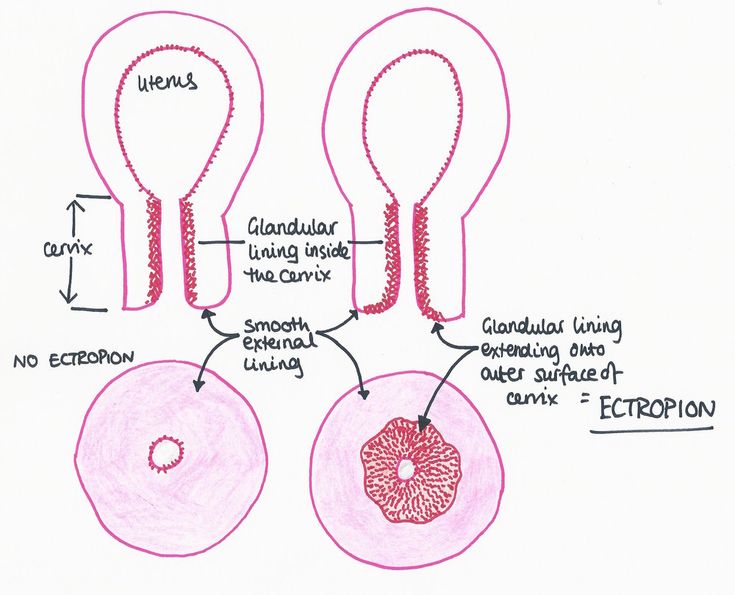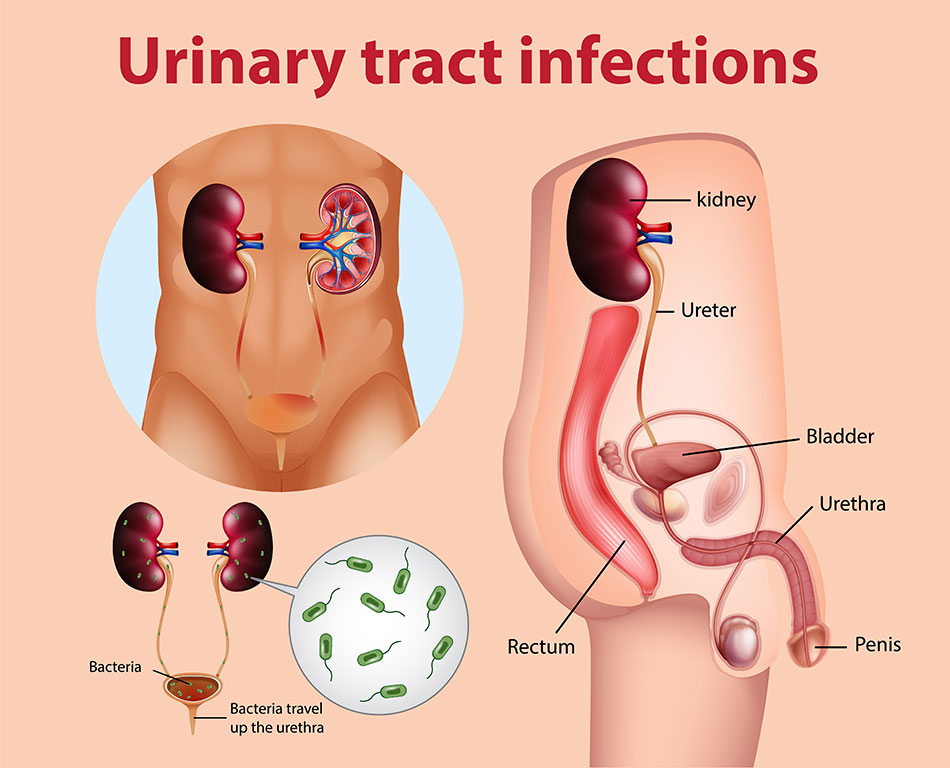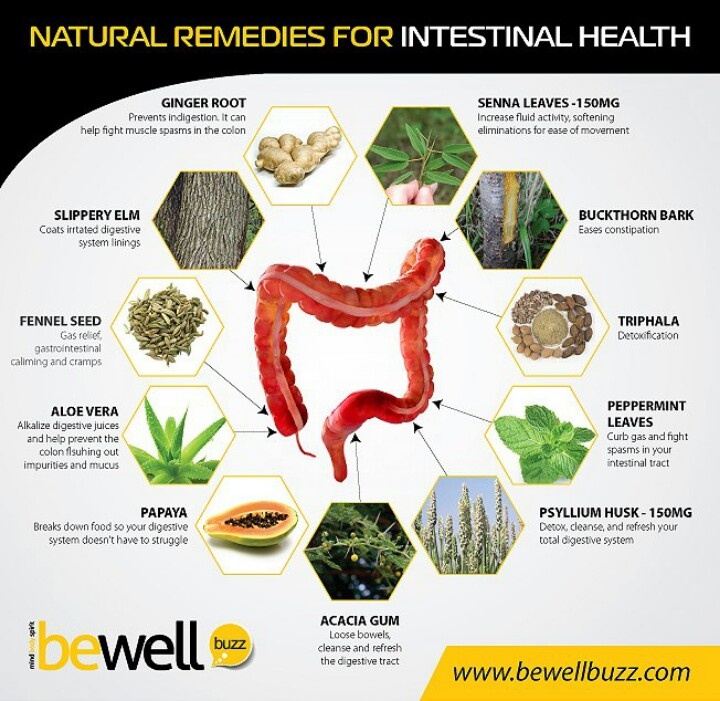Natural infant constipation remedies
Baby constipation: Top 7 home remedies
Babies often go a long time between bowel movements. Most of the time, it is normal for a baby to go days or even more than a week without a bowel movement. However, a baby may sometimes be constipated and need a little help.
If a baby is constipated, a pediatrician may recommend using home remedies as a first-line treatment for baby constipation.
Home remedies for constipation in a baby include:
1. Exercise
Moving a baby’s legs can help relieve constipation.
As with adults, exercise and movement tend to stimulate a baby’s bowels.
However, as babies may not be walking or even crawling yet, a parent or caregiver may want to help them exercise to relieve constipation.
The parent or caregiver can gently move the baby’s legs while they are lying on their back to mimic the motion of riding a bicycle. Doing this may help the bowels function and relieve constipation.
2. A warm bath
Giving a baby a warm bath can relax their abdominal muscles and help them stop straining. It can also relieve some of the discomfort relating to constipation.
3. Dietary changes
Certain dietary changes may help constipation, but these will vary depending on the baby’s age and diet.
While breastfeeding a baby, a woman could eliminate certain foods, such as dairy, from her diet. It may take some trial and error to identify the dietary changes that help, and it is quite possible that changes in the diet will have no effect on the baby’s constipation.
For formula-fed babies, a parent or caregiver may want to try a different kind of formula. It is best not to switch to a gentle or dairy-free formula without consulting a pediatrician first. If one change does not make a difference, continuing to try different formulas is unlikely to help.
If an infant is eating solid foods, parents or caregivers should look to introduce foods that are good sources of fiber.
Many fruits and vegetables can help stimulate the bowels because of their higher fiber content. Good food choices for babies with constipation include:
Good food choices for babies with constipation include:
- skinless apples
- broccoli
- whole grains, such as oatmeal or whole-grain bread or pasta
- peaches
- pears
- plums
4. Hydration
Young infants do not typically need supplemental liquids as they get their hydration from breast milk or formula.
However, babies that are constipated may benefit from a small amount of extra liquid.
Pediatricians sometimes recommend adding a small amount of water or, occasionally, fruit juice, to the baby’s diet when they are over 2–4 months old and are constipated.
5. Massage
There are several ways to massage a baby’s stomach to relieve constipation. These include:
- Using the fingertip to make circular motions on the stomach in a clockwise pattern.
- Walking the fingers around the naval in a clockwise pattern.
- Holding the baby’s knees and feet together and gently pushing the feet toward the belly.

- Stroking from the rib cage down past the belly button with the edge of a finger.
6. Fruit juice
A small amount of pure apple juice can help soften stool.
After a baby reaches 2–4 months of age, they can have a small amount of fruit juice, such as 100-percent prune or apple juice. This juice may help treat constipation.
Experts may recommend starting with about 2–4 ounces of fruit juice. The sugar in the juice is hard to digest. As a result, more liquid enters the intestines, which helps soften and break up the stool.
However, a parent or caregiver should not give fruit juice to a baby for the first time without consulting their pediatrician.
7. Taking a rectal temperature
When a baby is constipated, taking the baby’s rectal temperature with a clean, lubricated thermometer may help them pass stool.
It is important not to use this method very often, as it can make constipation worse. The baby may start not wanting to pass a bowel movement without help, or they may begin to associate having a bowel movement with discomfort, leading them to fuss or cry more during the process.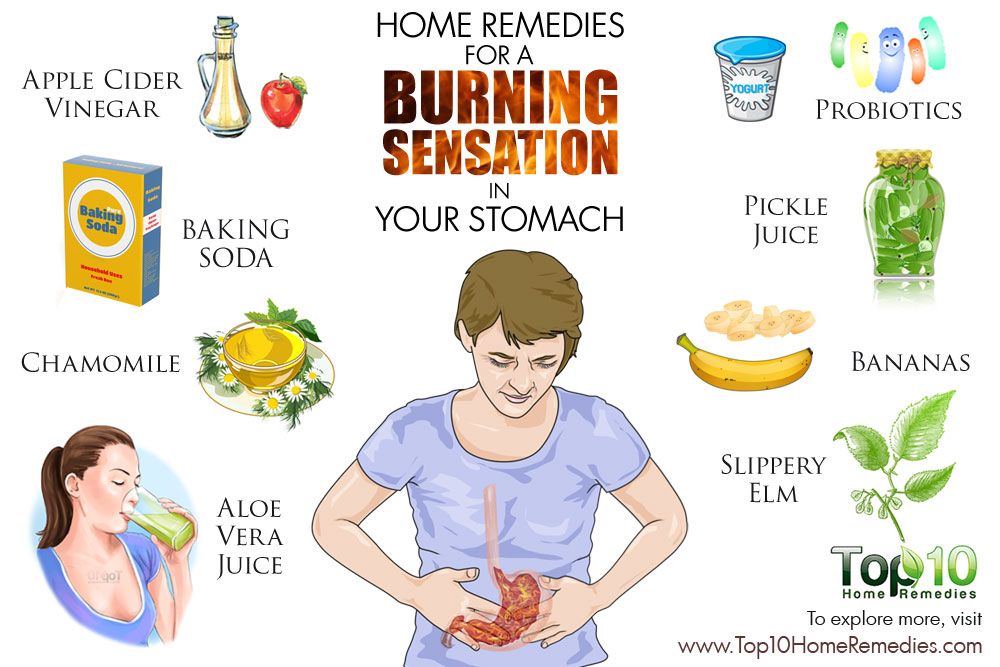
Anyone who feels as though they often need to use this method to help the baby have a bowel movement should talk to the baby’s doctor.
As infants may go for extended periods without a bowel movement, it can be hard to tell if they are constipated. Signs that indicate constipation in a baby include:
- infrequent stools that are not soft in consistency
- clay-like stool consistency
- hard pellets of stool
- long periods of straining or crying while trying to have a bowel movement
- streaks of red blood in the stool
- lack of appetite
- a hard belly
Signs of constipation in babies vary depending on their age and diet. A normal bowel movement before a baby begins eating solid food should be very soft, almost like the consistency of peanut butter or even looser.
Hard baby stool prior to solid food is the most obvious indication of constipation in babies.
At first, breastfed babies may pass stool often since breast milk is easy to digest. However, once a baby is between 3 and 6 weeks old, they may only pass a large, soft stool once a week and sometimes even less.
However, once a baby is between 3 and 6 weeks old, they may only pass a large, soft stool once a week and sometimes even less.
Formula-fed babies tend to pass stool more frequently than breastfed babies. Most formula-fed babies will have a bowel movement at least once a day or every other day. However, some formula-fed babies may go longer between bowel movements without being constipated.
Once a parent introduces solid food to a baby’s diet, a baby may be more likely to experience constipation. A baby may also be more likely to become constipated if a parent or caregiver introduces cow’s milk (other than formula) to their diet.
Share on PinterestA doctor should assess a baby with ongoing constipation.
It is advisable to call a pediatrician if a baby has not passed a stool after a day or two and there are other signs present, such as:
- blood in the stool
- the baby seems to be irritable
- the baby appears to have abdominal pain
- there is no improvement in the baby’s constipation after taking steps to treat it
Treatment typically starts with home remedies.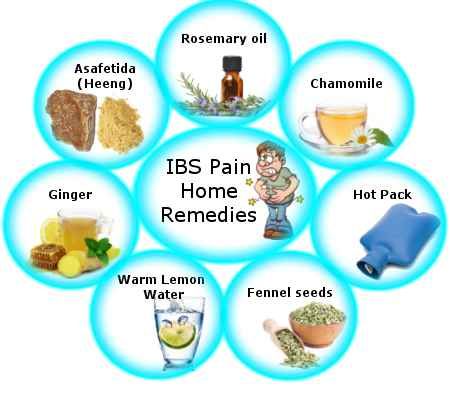 If home remedies do not work, a doctor may examine the baby and, in rare cases, prescribe medications, such as:
If home remedies do not work, a doctor may examine the baby and, in rare cases, prescribe medications, such as:
- laxatives
- enemas
- suppositories
People should never give these medications to a baby unless a doctor prescribes them.
Constipation can lead to discomfort and irritability in a baby. People can try several at-home methods to help alleviate constipation.
If symptoms do not improve, it is best to speak to the infant’s pediatrician for additional strategies.
Read the article in Spanish.
Pros and cons of each
We include products we think are useful for our readers. If you buy through links on this page, we may earn a small commission Here’s our process.
Medical News Today only shows you brands and products that we stand behind.
Our team thoroughly researches and evaluates the recommendations we make on our site. To establish that the product manufacturers addressed safety and efficacy standards, we:
- Evaluate ingredients and composition: Do they have the potential to cause harm?
- Fact-check all health claims: Do they align with the current body of scientific evidence?
- Assess the brand: Does it operate with integrity and adhere to industry best practices?
We do the research so you can find trusted products for your health and wellness.
Baby colic causes uncontrollable crying that does not stop, even with comforting, and gets worse over time. At present, there is no evidence to prove that any treatment is an effective remedy for colic, and no cure is available.
Colic is a common problem in young babies, with around one-fifth of babies developing the condition.
Colic tends to get worse in the early evening. As well as crying that gets worse throughout the day or night, other signs of colic include:
- screaming
- pulling the legs up towards the chest
- passing gas
- an enlarged stomach
Some people swear by specific remedies for colic, such as gas drops and gripe water. But what is the difference, and which one is best?
Share on PinterestGripe water is a liquid solution that may reduce colic symptoms.Gripe water is a liquid solution containing herbs, such as dill seed oil. Some people believe that gripe water warms and soothes a baby’s stomach and reduces colic symptoms.
Different brands of gripe water contain different ingredients. Some still include sugar and alcohol, though most are now sugar and alcohol-free.
Gripe water also usually contains sodium bicarbonate, thought to help relieve colic symptoms by offsetting stomach acid. However, too much sodium bicarbonate can cause alkalosis, a condition that can lower the acidity in a person’s blood, leading to serious side effects.
Gas drops contain simethicone. This active ingredient breaks up larger gas bubbles into smaller ones, which are more comfortable for a baby to pass.
Caregivers can give the drops directly to a baby or mix them in with formula or expressed breast milk.
The American Academy of Pediatrics suggest that gas drops are safe to give to newborn babies, and adverse side effects are rare.
However, if a baby is also taking thyroid hormone medication, do not give them gas drops as simethicone can interact with this type of medication. Doctors may prescribe thyroid hormone medication for conditions, such as congenital hypothyroidism, where the thyroid gland is underdeveloped.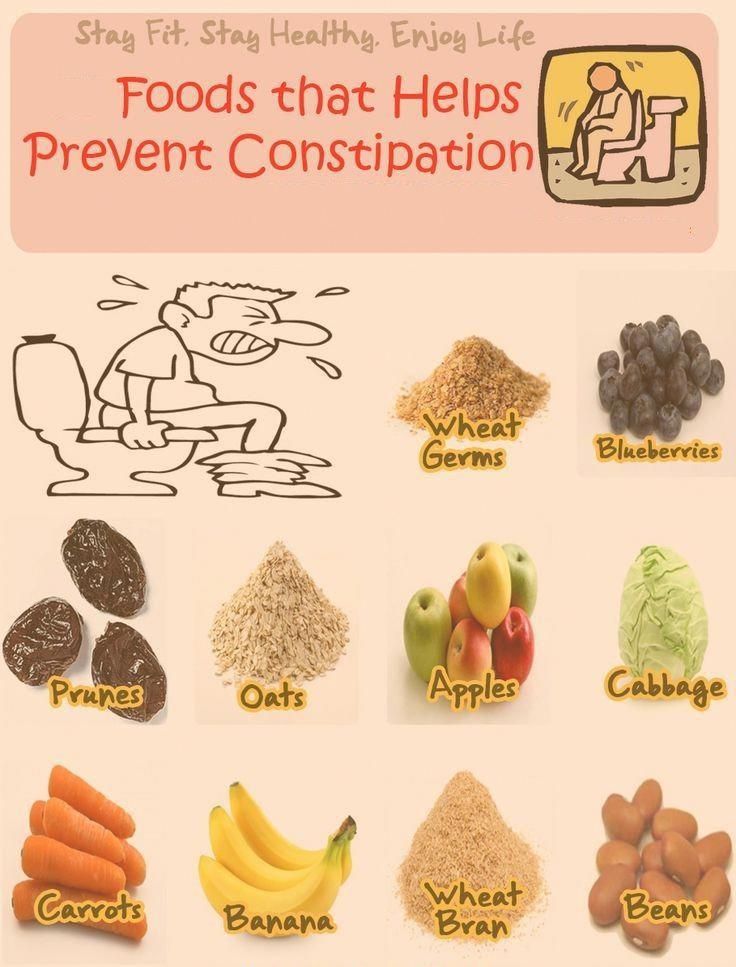
Anyone caring for a baby with colic will likely be keen to try anything that might ease the baby’s discomfort.
Several users of parent-to-parent forums have recommended both gripe water and gas drops as remedies for colic. However, no scientific evidence shows either of them to work. As such, it is up to the caregiver to decide whether to try either remedy and see which, if either, works best for the child.
If a baby’s symptoms seem to stem more from gas pain, then gas drops might be more effective. If a baby appears in more general discomfort, gripe water might be the better option. However, there is no guarantee that either will make a difference.
Caregivers should remember that there is always a possibility their child could react negatively to any new remedy.
Gripe water products can contain many different ingredients. Be sure to check the label of gripe water to see what it contains. Do not use products that contain alcohol.
Also, some gripe water ingredients remain untested in babies. Ask a doctor to be sure ingredients are safe for a baby before using them.
Ask a doctor to be sure ingredients are safe for a baby before using them.
A new, untried remedy could also cause an allergic reaction. Caregivers should learn the signs that might indicate an infant is having an allergic reaction. If a caregiver suspects an allergic reaction, they should stop using the medicine immediately and seek advice from a doctor.
Signs of an allergic reaction include:
- a rash
- difficulty breathing
- swelling on the face, neck, or tongue
- vomiting
Caregivers should make sure they give the correct dosage, store gripe water and gas drops according to the instructions, and check that they are within their use-by date. Doing so will also reduce the risk of the remedy causing any upset to the infant.
Share on PinterestGently rocking the baby may reduce pain and provide comfort.
More research is necessary to understand why colic occurs and which treatments can help reduce the symptoms of this condition.
As well as gas drops and gripe water, other home remedies include:
White noise or womb noise
Some people find that noises that mimic the sounds babies hear inside the womb can help soothe and calm babies who are crying from colic. Noise from household appliances, such as hoovers and hairdryers, may have a similar effect.
Carry, rock, or walk
Some young babies who are upset because of the discomfort and pain that colic causes like to be held and rocked rhythmically.
Some parents suggest that going for a drive or out for a walk with the baby in the buggy can help due to the gentle rocking motions. Putting the infant in a sling while walking around can provide comfort from movement and skin-to-skin contact.
Avoid certain foods if breast-feeding
Some foods may pass through breast milk and could cause a fussier, gassier baby. However, people who are breast-feeding should avoid randomly removing foods from their diet.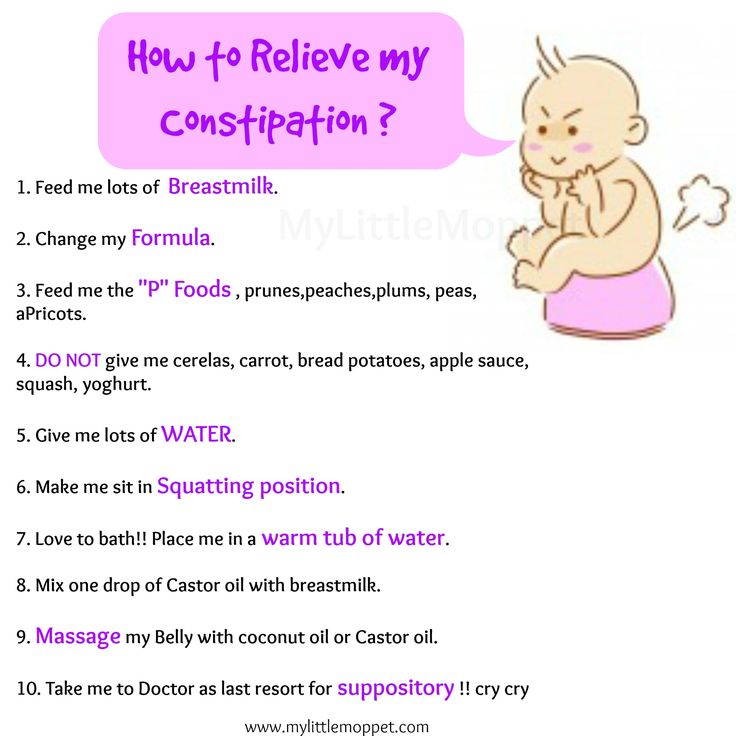
Instead, look for patterns and try to identify if the baby becomes fussy after eating certain foods.
Some foods that are sometimes, though not always, culprits, include:
- dairy products
- cabbage
- onions
- caffeine
Some people choose to avoid these foods while breast-feeding in an attempt to reduce colic symptoms in the infant.
Switch to a different bottle if formula feeding
It may help to change the teat of the bottle.
Some teats are designed to reduce colic by only allowing milk to come out when the baby sucks. These bottles may reduce the amount of air the baby swallows when feeding and therefore the amount of gas that forms in the stomach.
However, experimenting with different teats may be a good idea.
If overfeeding or swallowing air is contributing to colic symptoms, a slower-flowing nipple may help. However, a slow-flow teat may be frustrating for the baby if they cannot get enough milk.
Some anti-colic bottles are available to purchase online.
Change feeding positions
Holding a baby upright during and after feeding could help keep feeds down and prevent reflux.
Smaller, more frequent meals could also aid digestion and lessen the symptoms associated with colic.
Try a pacifier
Some babies may find a pacifier soothing, though some may also refuse one.
Doctors are not sure what causes colic, or why some babies get colic and others do not. However, some possible causes include:
- milk-protein allergy, which may cause symptoms in infants
- other gastrointestinal causes, such as reflux
- an imbalance of different types of bacteria in the gut
- problems in the gut and intestines with moving food through the digestive system
- swallowing air while crying, which then gets trapped in the stomach
- a hernia
- caregiver behaviors, such as smoking and poor feeding technique
Colic does not mean there is anything necessarily wrong with a baby, and most people find that their babies start to show improvement at around 3 to 4 months of age.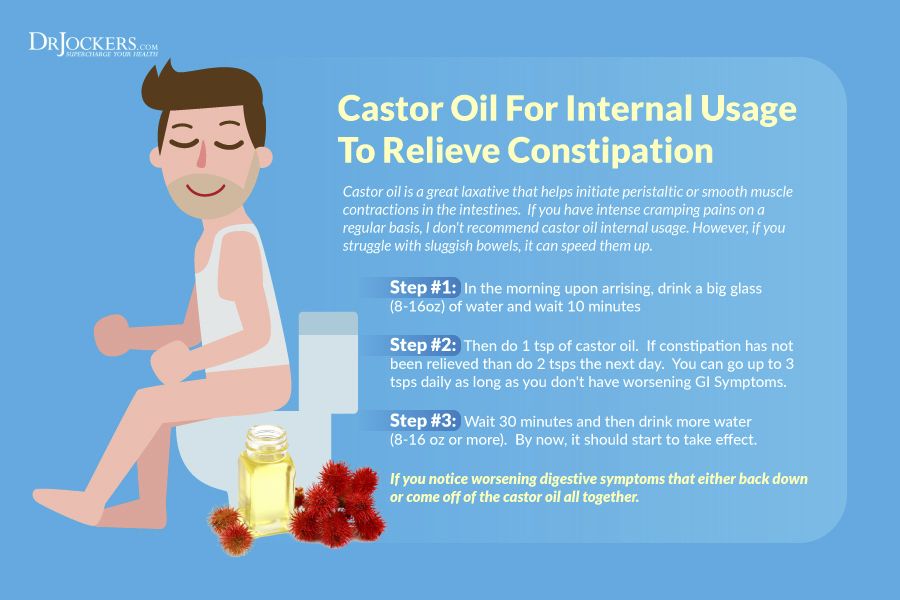
Share on PinterestConsult a doctor if the baby has a temperature above 100.4˚F (38˚C).
Colic is widespread in young babies. Although often upsetting for both the caregiver and baby, the symptoms of colic are usually no cause for concern.
However, there are times where a caregiver should seek advice from a medical professional to ensure there is not a more severe underlying condition causing symptoms.
A person should see a doctor if the baby:
- has a temperature over 100.4˚F (38˚C)
- is crying uncontrollably due to falling or injuring themselves
- has blue lips or a bluish tinged skin — this suggests they are not getting adequate oxygen
- has blood in their stool
- has not had a bowel movement for significantly longer than usual
Caregivers should also consider seeking advice from a doctor if the colic symptoms are causing them great concern or are making it difficult for them to cope. A doctor or other medical professional can provide advice on reducing symptoms of colic.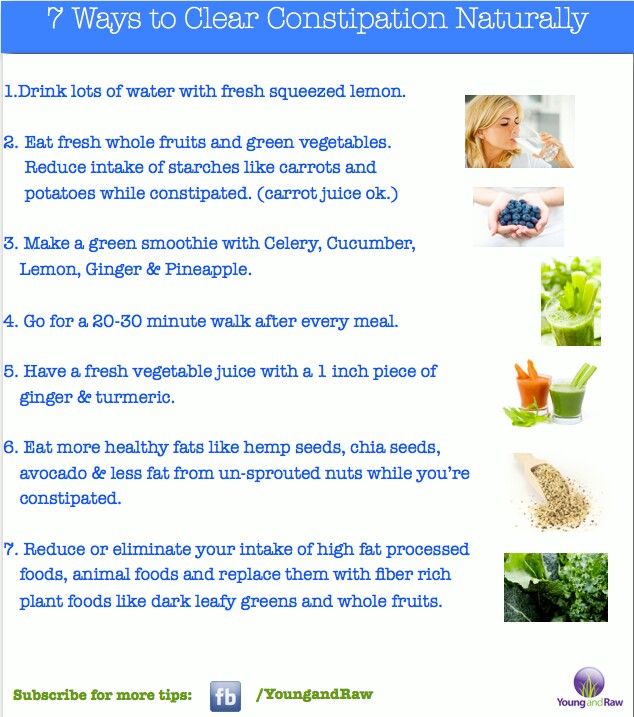
Colic is a common condition in young babies. Because the symptoms often appear to cause distress, many caregivers are keen to find treatments to reduce the symptoms and comfort their little ones.
There are many remedies that people suggest for easing the symptoms of colic, including gripe water and gas drops. However, no clinical evidence has found that these remedies are effective.
It is up to the caregiver to decide whether they wish to try gas drops or gripe water. They may find that one works better than the other or that neither has an effect. Be sure to check what ingredients are in the gripe water, and talk to a doctor to make sure they are safe before using it.
If someone is feeling tired or anxious about a baby with colic, they may benefit from seeking help from another person to look after the baby while they take a break. Remembering that colic is temporary and most babies’ symptoms ease by the time they are 3 to 4 months old can help parents get through the more difficult periods.
- Shop for gripe water.
- Shop for gas drops.
TOP-5
_posted_by Test Test
07.07.2017
What is the mechanism of action of popular laxatives? How to choose effective and safe? What should be done to prevent constipation?
Constipation is a problem that is not usually talked about. But it certainly shouldn't be ignored. If constipation is not treated, then, in addition to banal discomfort, it can lead to serious health problems. Hemorrhoids, toxicosis of the body, chronic fatigue, excess weight - and this is not all the consequences of constipation.
There are many laxatives in pharmacies, but it is not so easy to navigate the assortment. To make the right choice, you need to understand the mechanism of action of a particular drug. To do this, we bring to your attention the TOP 5 popular remedies for the treatment of constipation.
Gutalax is the most popular laxative for constipation
This is an irritant drug. The mechanism of its work is based on a chemical effect on the intestinal receptors, which improves peristalsis and stimulates defecation. The main advantage is a quick effect. The result will be in 6-10 hours after taking.
The mechanism of its work is based on a chemical effect on the intestinal receptors, which improves peristalsis and stimulates defecation. The main advantage is a quick effect. The result will be in 6-10 hours after taking.
However, drugs of this type cannot be used systematically. Long-term use (more than 10 days) can lead to a deterioration in bowel function and a violation of the water-salt balance. In addition, they are addictive and have quite a few side effects and contraindications. Therefore, a doctor should prescribe a laxative for constipation of such a mechanism of action.
Duphalac - prebiotics for gentle bowel relief
The effect of this remedy for constipation is based on the action of lactulose, one of the natural prebiotics. These are reliable and safe drugs. In fact, prebiotics are certain food components that are not digested in the digestive tract, but stimulate the growth of beneficial bacteria. During their fermentation, organic acids are produced, which improve bowel function.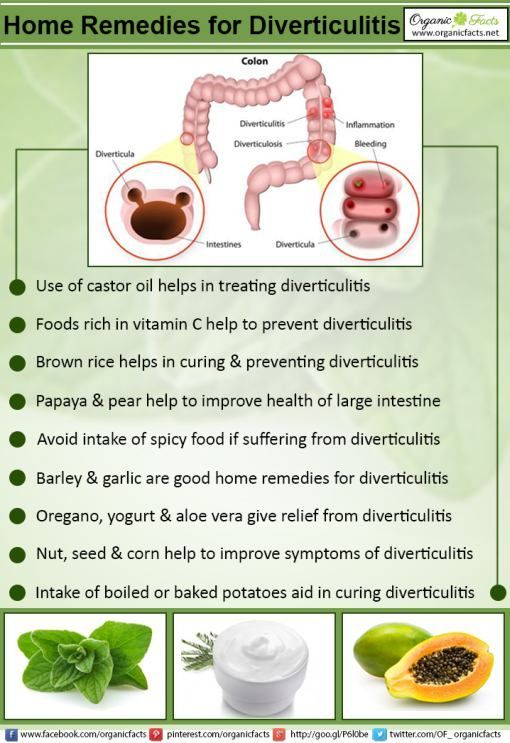 In addition, prebiotics inhibit the growth of harmful microflora and promote the elimination of toxins.
In addition, prebiotics inhibit the growth of harmful microflora and promote the elimination of toxins.
Prebiotics have virtually no side effects, so they are prescribed even for infants and pregnant women. True, there is one caveat - these are slow-acting remedies for constipation - one cannot expect a quick effect from them.
Folk remedies for constipation
The most popular folk remedies are flax seeds (tea or infusion), senna decoction and wheat bran. A good laxative effect is given by herbal decoctions, especially those containing tansy, buckthorn bark, valerian root, as well as rowan and lingonberry berries. A powerful irritating effect on the intestines is vegetable oil on an empty stomach or honey heated to 70–80 °.
Folk remedies for constipation have been tested by time. With their help, you can solve the problem without resorting to pharmaceutical preparations. But many of them have additional undesirable effects. For example, senna and buckthorn bark should not be used by pregnant or lactating women.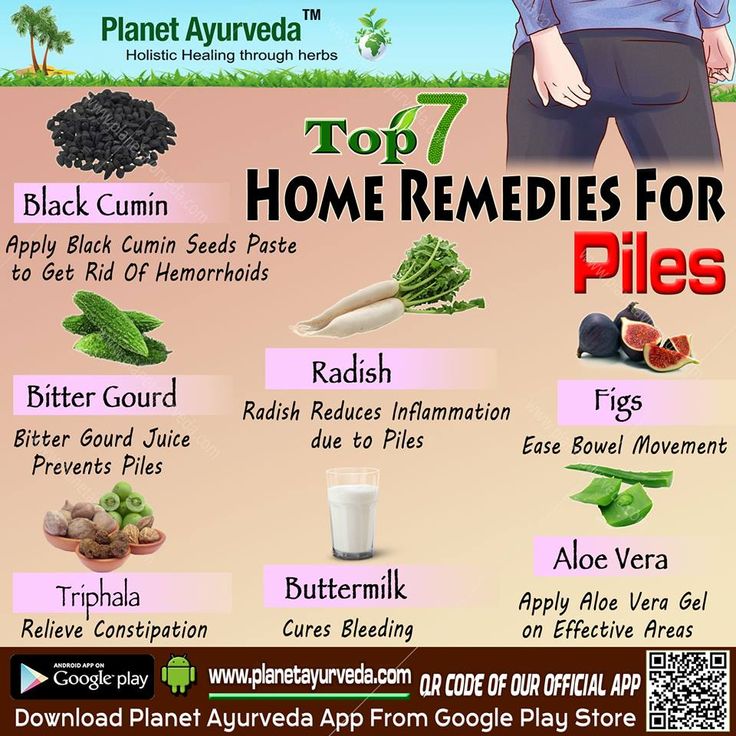 And lingonberries can increase blood pressure in the elderly. Therefore, before using folk recipes, it is better to consult a doctor. Otherwise, the responsibility for your health lies only with you.
And lingonberries can increase blood pressure in the elderly. Therefore, before using folk recipes, it is better to consult a doctor. Otherwise, the responsibility for your health lies only with you.
Detoxmag - a natural magnesium supplement for complex digestive aid
If you need not just relief of symptoms, but real help in digestion, then Detoxmag is the best drug. This is a natural magnesium supplement similar to mineral water, which is offered to patients in sanatoriums.
The effect of this remedy for the treatment of constipation is due to the laxative effect of bischofite, the main component of the supplement. It is a mineral that is rich in natural magnesium, which is necessary for the health of the digestive system. Detoxmag relaxes the intestinal muscles, has a mild laxative and choleretic effect. Therefore, it copes even when other medicines are powerless. Magnesium supplement is completely natural, non-addictive and without side effects.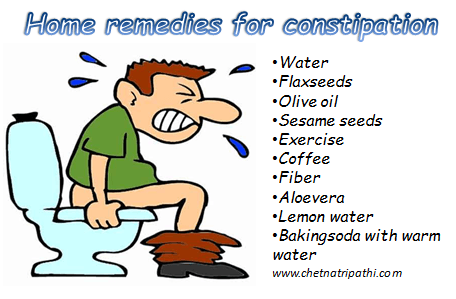
Microlax - for emergencies
How to get rid of constipation quickly? Microclyster "Mikrolaks" will help. Unlike traditional cleansing, it is more convenient to use (the solution for the procedure does not need to be prepared independently) and does not cause discomfort. Despite the small volume, it is a very effective remedy for constipation.
The mechanism of action is simple - the microclyster softens the stool and facilitates bowel movements. Active substances have only a local effect and do not penetrate into the blood, so they can be used even by pregnant women and nursing mothers. However, microclysters cannot be considered as a standalone treatment option. It acts only on the symptoms, not solving the underlying problem.
Constipation Prevention
These remedies will help you manage constipation. But it would be better if you don't need them at all. For this:
- Eat more fiber-rich foods: fruits, vegetables, whole grains
- Include fermented milk products in your diet: curdled milk, low-fat kefir, natural yogurt
- Drink plenty of fluids - at least 1.
 5-2 liters
5-2 liters - Drink a glass of warm water every morning on an empty stomach
- Stay active - running, walking, regular exercise stimulates bowel movements and improves well-being
If constipation still persists, treatments should be as mild and gentle as possible. And remember that the best remedy for constipation is one that treats not the symptoms of the disease, but its cause.
Folk remedies for constipation: how to help yourself without pills
- Zdorovye
If there are problems with digestion and constipation, the first thing that most of us think about is prunes, beets and other folk remedies. Doctors warn: folk methods can harm health.
September 25, 2022
- Source:
- iStockphoto
Few of us can boast that we eat right and varied. Eating on the run, dry food, excess dense, fatty foods, not enough fresh vegetables and fruits can all lead to constipation.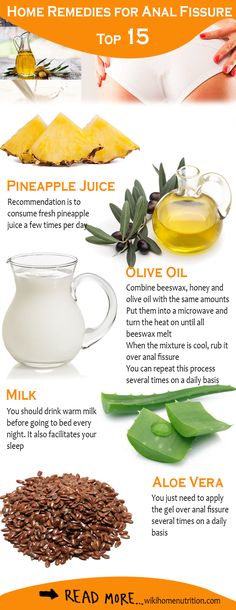 The problem is delicate, not every person immediately goes to the doctor with it, many try to eliminate intestinal problems at home, using various recipes shared by relatives and friends or the all-knowing Internet.
The problem is delicate, not every person immediately goes to the doctor with it, many try to eliminate intestinal problems at home, using various recipes shared by relatives and friends or the all-knowing Internet.
Unfortunately, many prescriptions are not only ineffective, but also dangerous. Especially when it comes to the use of various methods of bowel cleansing, taking herbal laxatives, or a sharp change in diet. "Doctor Peter" discussed with gastroenterologist Vera Samsonova what such an attempt at self-treatment might turn out to be.
Whatever methods of dealing with constipation you choose, you should first visit a doctor and consult. Stool disorders do not occur from scratch - at best, these are nutritional deficiencies, at worst, signs of serious pathologies. With a number of problems with digestion and health in general, self-medication, including with the help of various folk recipes, is unacceptable. The use of techniques threatens with a sharp deterioration in the condition, exacerbation of "sores".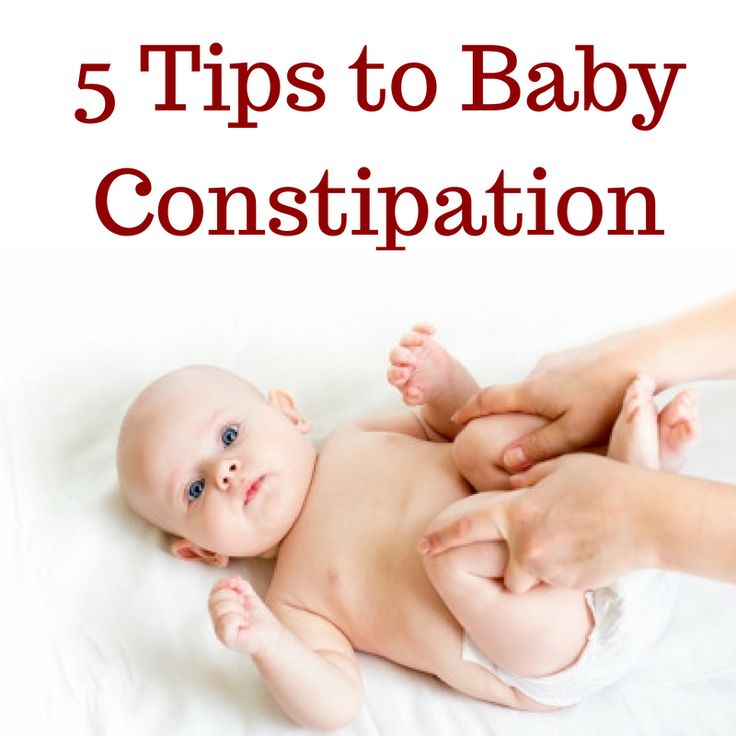 Among the key contraindications:
Among the key contraindications:
-
External and internal hemorrhoids, anal fissures, rectal fistulas.
-
Crohn's disease or ulcerative colitis, irritable bowel syndrome.
-
Colon polyps, proctitis.
-
Suspicion of a tumor, bleeding from the intestines.
-
Cholecystitis, cholelithiasis, liver problems.
-
Gastric or intestinal ulcer.
It is also dangerous to practice various home remedies for dealing with constipation for hypertensive patients, people with diabetes, patients with arrhythmias and kidney disorders. In all these patients, alternative recipes can provoke a deterioration in the condition.
Read also
Consider the most popular folk remedies to combat constipation.
Strong saline solution
When having difficulty with bowel movements, the first thing many people resort to is laxative formulations. The simplest and most affordable, but unsafe method is a strong saline solution.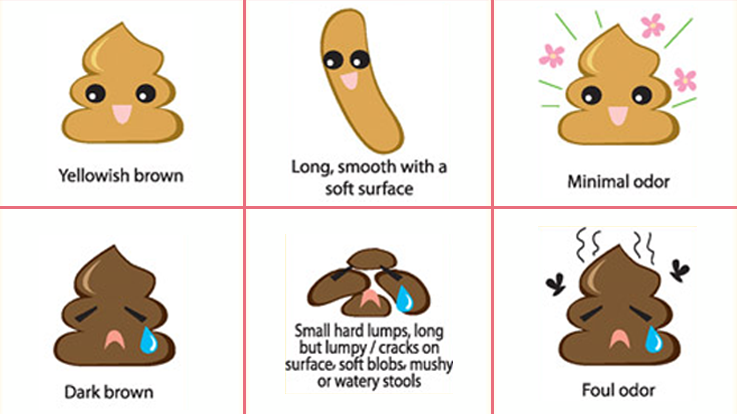 Sea or ordinary table salt is used, which is dissolved in warm water. In order to cleanse the intestines, it is suggested to drink 5 to 10 glasses of the solution over 2-3 hours.
Sea or ordinary table salt is used, which is dissolved in warm water. In order to cleanse the intestines, it is suggested to drink 5 to 10 glasses of the solution over 2-3 hours.
According to doctors, such a hypertonic solution will give a pronounced laxative effect, activating intestinal peristalsis. Against the background of its reception, severe diarrhea, the occurrence of cramping abdominal pain and nausea are possible. In addition, a sharp disruption of the work of intestinal enzymes is possible. An additional "bonus" will be dehydration due to diarrhea and fluid loss due to the fact that salt "pulls on itself" fluid from the intestinal wall.
See also
Senna decoction
Another popular constipation remedy is taking senna decoction. This plant is known for its powerful laxative effect. It is added to various pharmaceutical preparations to combat constipation, so many people try to use the herb itself in solving delicate problems. It is brewed with boiling water or cooked in a water bath, used as a decoction. The recipe says to take it at night to empty the bowels in the morning.
The recipe says to take it at night to empty the bowels in the morning.
Doctors warn that senna is a very active herb, so using a prescription can guarantee a sleepless night. After a couple of hours, cramping abdominal pain, seething and diarrhea occur. The intestines, of course, will be cleansed, but the night spent in the toilet and the unpleasant sensations that arise as a “bonus” can provoke a hypertensive crisis, headache, an attack of cholecystitis and dehydration.
See also
Milk with Cucumber
Emergency constipation remedy is a glass of milk with fresh cucumber. This combination of products has a laxative effect, which provokes an attack of diarrhea. It is impossible to call such a method pleasant. In addition to loosening the stool, there is seething, bloating and colic in the intestines.
In addition, this method works well in adults who suffer from lactose intolerance to milk sugar, then you can even do without cucumber. And for those who tolerate milk well, such a combination may not work at all or give only a slight, insignificant result.
See also
Soap for constipation
One of the most extreme but persistently practiced methods for relieving constipation, especially in children, is soap. A small piece of ordinary bar soap is injected into the rectum to help with emptying due to the irritating effect. It is strictly forbidden to use such a recipe not only for kids, but also for adults.
Firstly, it is extremely unpleasant, there is pain and severe burning in the anus and rectum. This is due to the irritating effect of alkaline components that saponify fats and irritate mucous membranes. Secondly, such a sharp irritation can cause reflex diarrhea, cramping pains in the abdomen and blood flow to the veins of the intestine. This threatens the development of proctitis and anal fissures.
And what will help?
First of all, food will help - you need to fix it.
For constipation, sour-milk products and foods rich in fiber help. Most of it is in vegetables, fruits, whole grains.




